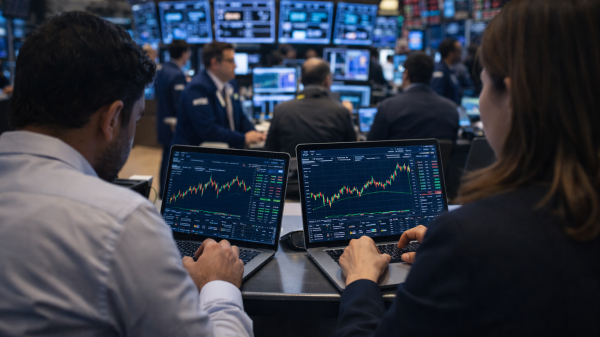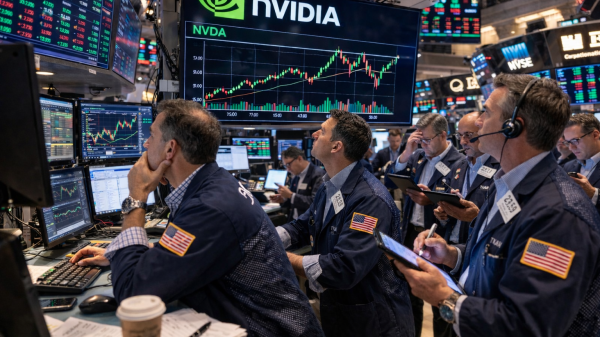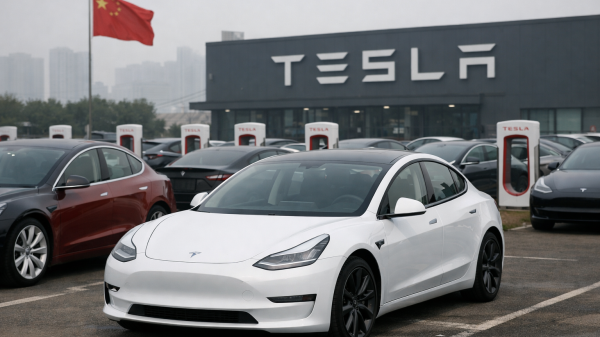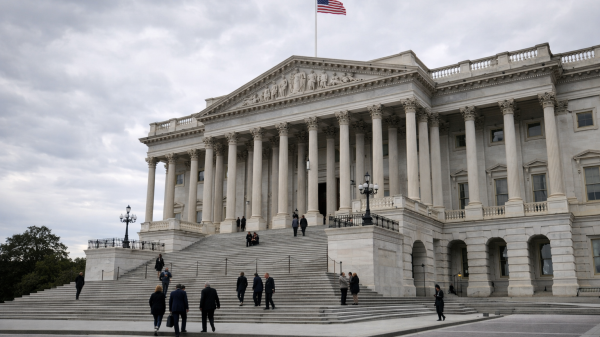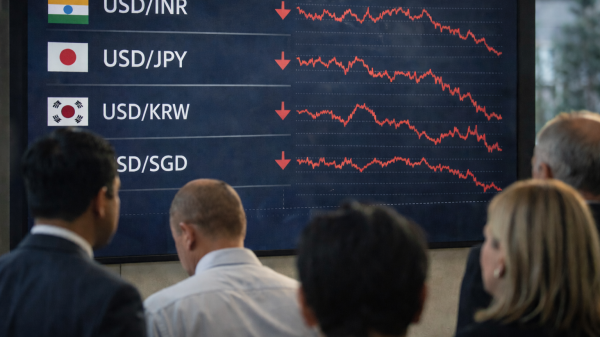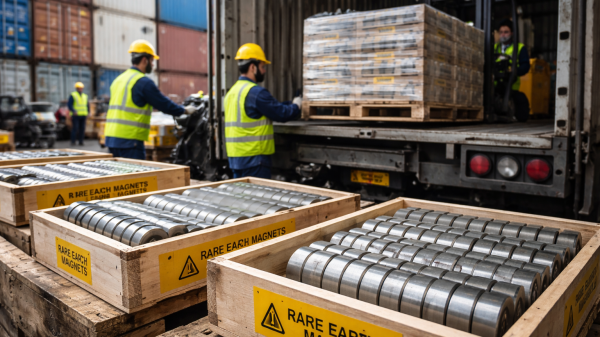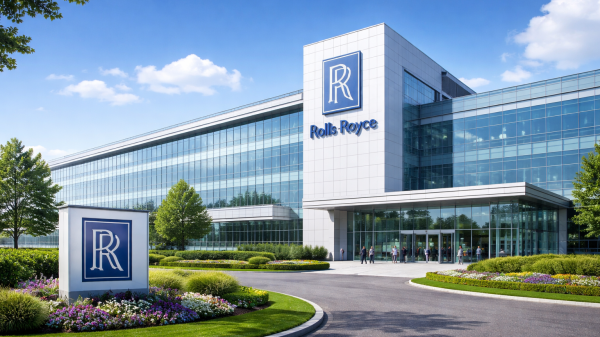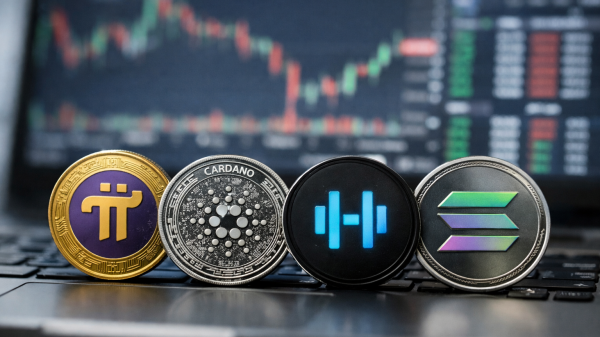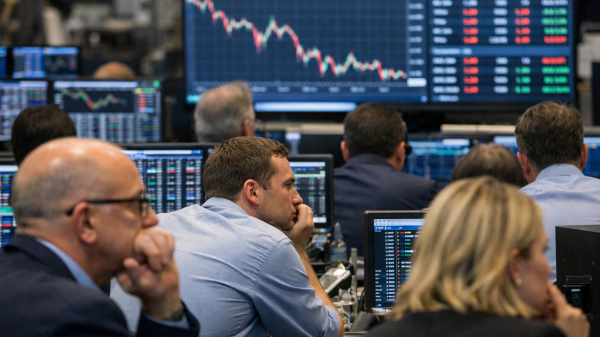Startup funding in the United States soared 75.6% in the first half of 2025, reaching $162.8 billion, according to a new report from PitchBook released Tuesday.
It marks the strongest six-month performance since the first half of 2021 — the height of venture capital activity under the Zero Interest Rate Policy (ZIRP) environment that followed the pandemic.
This year’s sharp rise is being powered by sustained excitement around artificial intelligence and a series of outsized bets from major tech companies and investors.
In the past three months alone, US startups attracted $69.9 billion in funding, with AI-focused deals accounting for a significant majority of the activity.
Prominent among them was OpenAI’s blockbuster $40 billion round, followed by Meta Platforms’ $14.3 billion acquisition of a stake in Scale AI.
Other notable billion-dollar AI investments during the second quarter included Safe Superintelligence, Thinking Machine Labs, Grammarly, and defense tech startup Anduril.
These deals reflect growing investor conviction in AI’s disruptive capabilities.
“I think it’s downstream of the fact that OpenAI and Anthropic continue to grow at unbelievable rates,” said Davis Treybig, partner at VC firm Innovation Endeavors.
“If there’s even a chance you could see that sort of progress in other domains, whether it’s robotics, protein folding models, world models or video models, then there’s a lot of people who are going to want to invest a lot of money.”
According to the report, AI accounted for 64.1% of the total deal value and over a third of all deals in the first half of the year.
Fundraising slows as LPs remain cautious
While startup investment activity surged, venture capital fundraising painted a more restrained picture.
VC firms raised only $26.6 billion across 238 funds in the first half of the year, representing a 33.7% decline from the same period in 2024.
Fundraising timelines are also getting longer.
The median time to close a new VC fund stretched to 15.3 months by the end of the second quarter — the longest duration in more than a decade.
The report attributes this to liquidity concerns and the limited number of successful exits in recent years, prompting some limited partners to pause or scale back their commitments.
Signs of life in the IPO and M&A markets
Despite the slowdown in fundraising, there are signs of optimism returning to the exit landscape.
Exit activity rose 40% in the second quarter compared to the same period last year, boosted by a more accommodative antitrust environment and a tentative reopening of the IPO window.
According to PitchBook, sectors aligned with the policy focus of President Donald Trump — including AI, national security, defense technology, fintech, and crypto — have dominated recent IPO interest.
“The good news is we’re starting to see the tide turn,” said Lucas Swisher, co-head of growth investing at tech investment firm Coatue.
“IPOs like Coatue portfolio companies Hinge Health and Coreweave have been well received by the market, and there are a dozen companies filed now.”
If exit activity continues to pick up, it could offer much-needed liquidity and help revive investor confidence in venture capital as an asset class.
For now, AI remains the engine powering what could be one of the strongest years for US startup funding since the post-pandemic boom.
The post AI boom drives US startup funding close to record highs appeared first on Invezz



